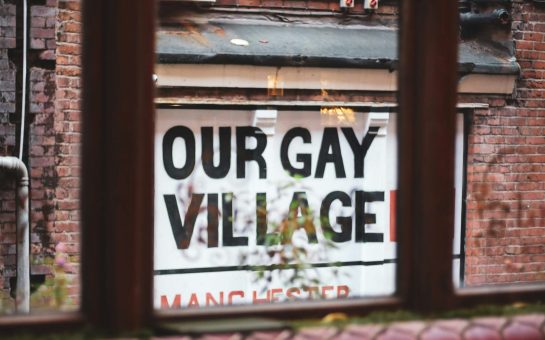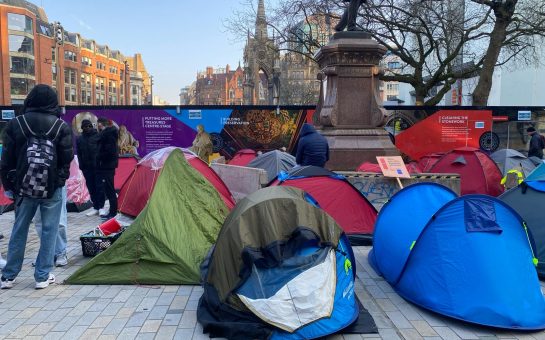It is no secret that loneliness has reached epidemical proportions in the last decade.
Across the country, reports demonstrate that people of all ages are suffering from loneliness in rising numbers. While the elderly are often signalled out, young people are fast becoming prime targets too.
What is loneliness and how does it start?
Loneliness is not the same as being alone: the latter can be welcomed as a preferred mode of working, living or being. Loneliness is rather a serious, medical condition that can have severe repercussions on our long-term physical health.
What causes loneliness can be wide-ranging. Poverty and inequality are undoubtedly factors along with physical and mental disabilities.
More broadly, a lack of a sense of community or purpose in life are also commonly cited by those experiencing loneliness and anxiety.
For the elderly, this can manifest in them staying inside for protracted periods, with social contact confined solely to healthcare workers or occasional visits to the shops.
For young people, there is a sense of being stuck in perpetual adolescence: unable to leave their parents houses due to rising rent prices. The knock-on effect this has is restricted social contact and a loss of self-confidence.
What can be done to help alleviate the problem?
The issue of loneliness is by no means a new problem and there have already been a number of initiatives started to help combat it.
For instance, just recently a program was launched in Stockport to bring AI technology to the frontline of tackling loneliness and isolation brought on by dementia.
One of the best-recommended means of alleviating this problem has been to encourage cross-generational skill sharing, fulfilling a dual role of offering both new experiences and companionship.
Ideas around this have included cooking or gardening, while younger people are encouraged to assist the elderly with their computer literacy.
Indeed, more and more young people have started to create blogs and websites with the purpose of connecting with their relatives.
The sheer number of companies who can host or build you a site for next to nothing has enabled an enormous rise in dedicated websites, apps and digital services specifically designed to help engage with the elderly.
While getting online can be enormously useful for the older generation to stay in touch with others, in young people it can be counter-productive.
Among teenagers, social media is singled out as one of the biggest catalysts for feelings of depression and social isolation.
Restricting use of sites like Facebook and Instagram is one of the first things that health professionals advise for people within this young age group.
Get involved with your community
On the ground, there are a number of intergenerational schemes operated by schools, local councils and charities which are always looking for volunteers.
However, that’s not to say individuals can’t make a difference on their own: just a year ago at the age of 90, Manchester man Derek Taylor created a list of ten tips for how people can stop feeling overwhelmed by feelings of loneliness.
With points as simple as ‘take up a hobby’ and ‘get to know your neighbours’, Derek tapped into fundamentals of social interaction that are often lost in modern society. Manchester City Council distributed this list of tips along with further information about outreach work within the community to help encourage others to take similarly proactive action.
From using technology to stay connected to sharing skills or simply having a cup of tea with your neighbours, there are so many different things we can all do to try and fight the problem of loneliness in the city.
Raising awareness and taking direct action go hand in hand, so always be on the lookout for new ways you might be able to help in your community.
Image courtesy of Kimmo Raisanen via Flickr, with thanks.



